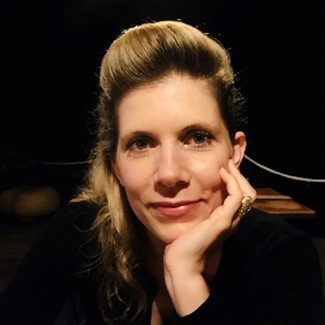Host and concept: Claudia Buess, Head of Educational Events, Mission 21
Event in English with simultaneous translation into German
With their commitment to education and medical care, Christian missions were fundamental to the development of international humanitarian cooperation. In her presentation, historian Linda Ratschiller sheds light on the emergence of humanitarian organizations in the context of the colonial policies of European powers in the second half of the 19th century, focusing on the role of missionary societies. Smruti Patel, coach and mentor with extensive experience in working with civil society groups and state actors, will then address the power imbalances and remaining colonial structures in international humanitarian and development cooperation today. We will then discuss how international cooperation can be shaped more locally and how the transfer of power, anti-racism and decolonization can succeed.

Dr. Linda Ratschiller is a postdoctoral researcher at the Maison de l'Histoire of the University of Geneva and teaches at the Faculty of Medicine of the University of Fribourg and at FernUni Switzerland. Her doctoral thesis examines the role of Basel missionary doctors in the emergence of tropical medicine as a scientific discipline between 1885 and 1914. Her research areas include colonial and global history, history of science and medicine, and public history. She is co-founder of the website www.colonial-local.ch, which presents Fribourg's colonial history.
Smruti Patel is the founder and Co-Director of Global Mentoring Initiative. She has been working in the humanitarian and development sector for the last 25 years. She is an active advocate for locally led response and increased accountability of organisations to affected populations, including at the World Humanitarian Summit in 2016 and in the Grand Bargain policy process. She was involved in the research to develop a framework to measure progress towards localization, called the “Seven Dimensions Framework”, which is now being used by many organisations and Humanitarian Country Teams

Registration deadline until February 23, 2025



